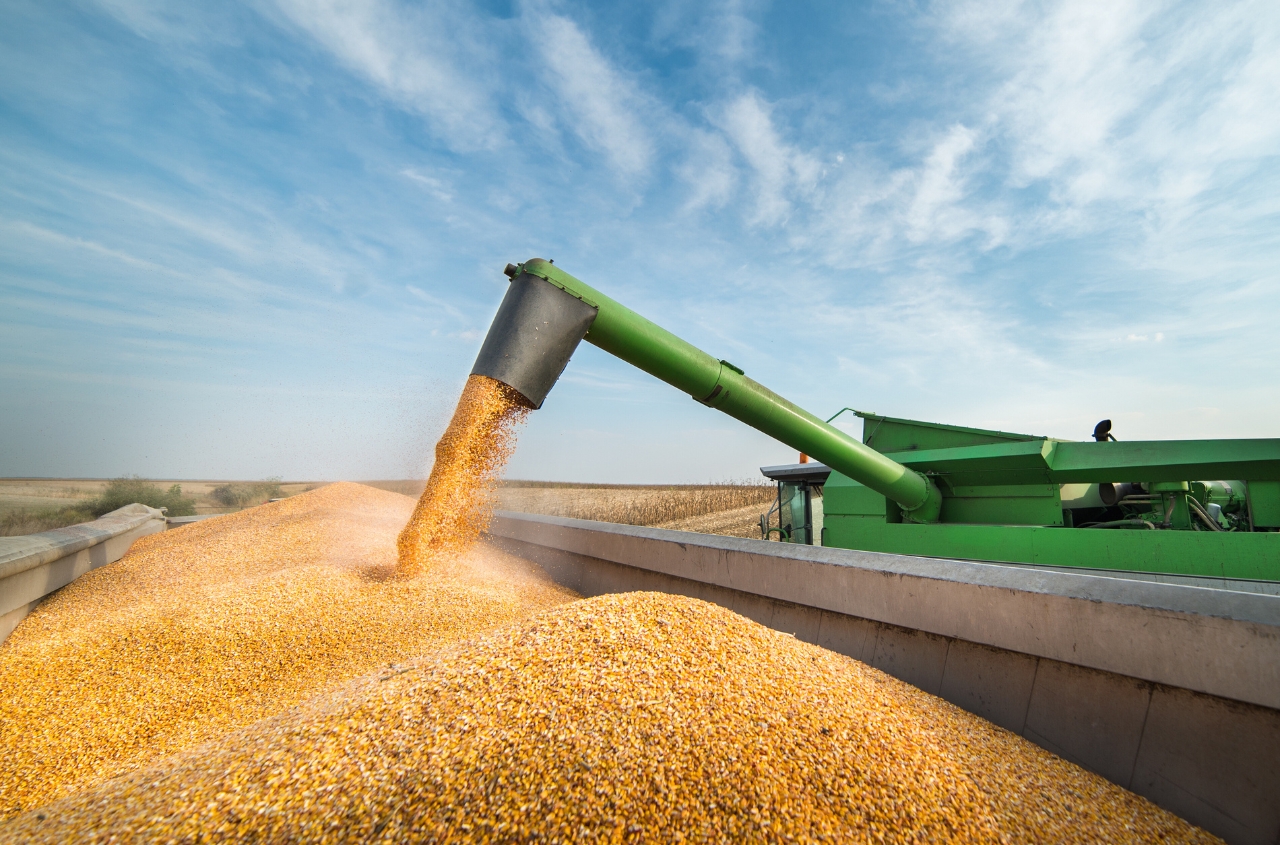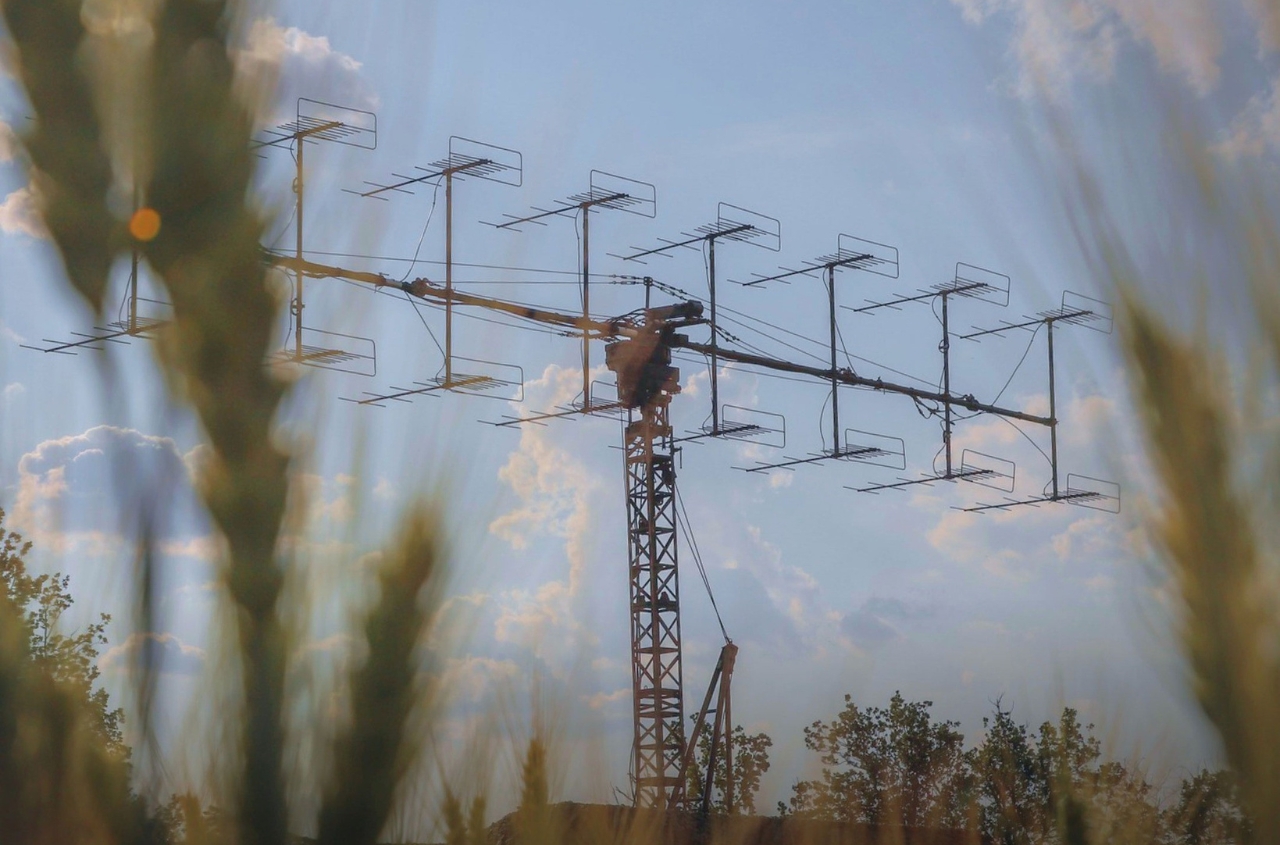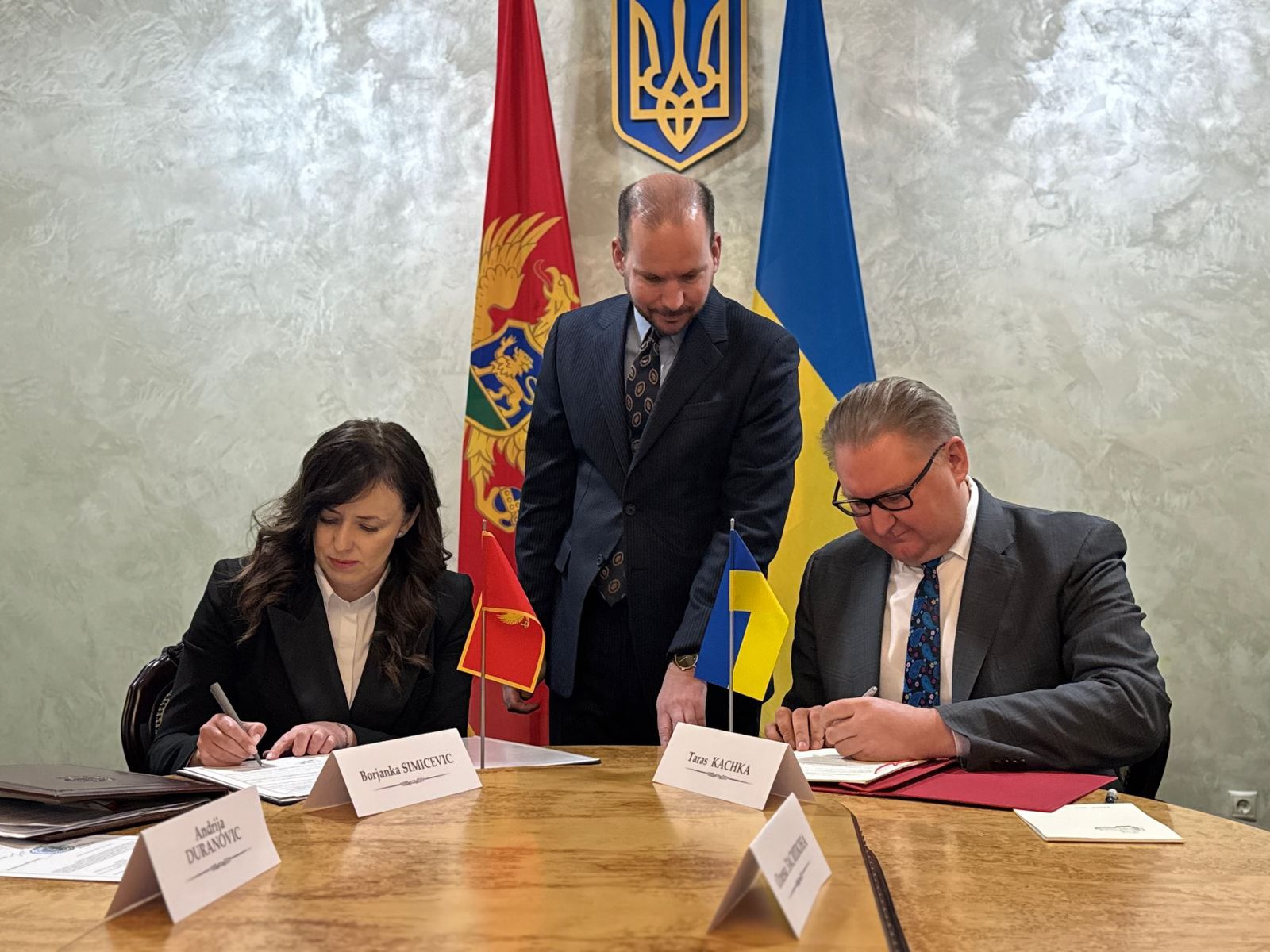The introduction of the Carbon Border Adjustment Mechanism (CBAM) in the European Union will place Ukrainian exporters at a serious disadvantage, as it is set to come into full effect in 2026.
This warning was issued by Hryhoriy Heletukha, Doctor of Technical Sciences and Chairman of the Bioenergy Association of Ukraine.
"Starting in 2026, the EU will enforce CBAM, which will impose financial obligations on importers to pay for embedded greenhouse gas emissions in goods produced outside the EU," he stated.
According to Heletukha, this will lead to significant losses for Ukrainian exports, which currently lack a mechanism to compensate for carbon payments.
"This will force EU importers to either shift toward importing low-carbon goods or attempt to pass their CBAM-related costs onto producers in third countries," he explained.
He cited data from GMK Center analysts showing that the metallurgical sector will be hit hardest: by 2030, it could lose up to $1.6 billion. Overall, from 2026 to 2030, Ukraine may lose $4.7 billion in export revenue, and potential investment losses could reach $2.7 billion. CBAM is expected to render Ukrainian cement, fertilizers, pig iron, billets, and rolled steel uncompetitive due to their high carbon intensity and the burden of CBAM payments.
"The countries that will suffer the most from CBAM are those whose producers export significant volumes of relatively cheap carbon-intensive goods to the EU and do not implement domestic carbon pricing. This includes Ukrainian exports, as emphasized by domestic industrial producers and industry associations," Heletukha added.
It is worth noting that several other experts have called for a temporary suspension of CBAM in accordance with Article 30(7) of the regulation, which allows for such action in countries affected by unforeseen disasters.
Earlier, Ukraine’s Deputy Minister of Economy and Trade Representative, Taras Kachka, stated that an official request for a deferral of CBAM is being prepared. The Ministry of Environmental Protection and Natural Resources also noted that the government is forming a unified position for an official appeal to the European Commission.




















